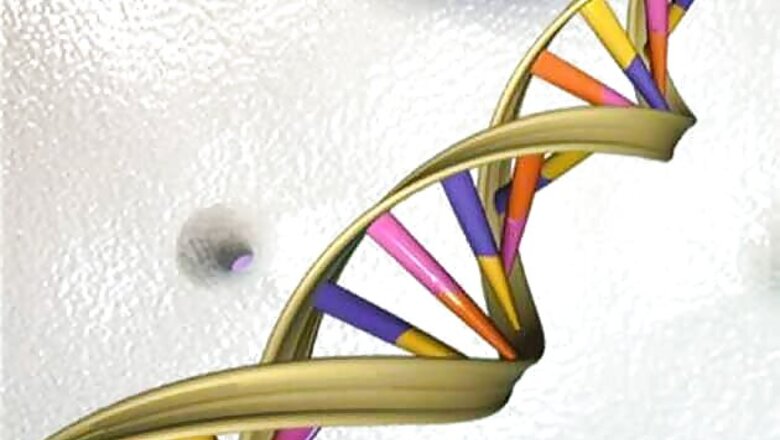
views
London: The discovery by British scientists of a new 'provisioning' gene in maize plants that regulates the transfer of nutrients from the plant to the seed could lead to increased crop yields and improve food security.
Scientists from Oxford University and the University of Warwick, in collaboration with the industry have identified the gene, called Meg1. They report their findings, which they believe could help to increase global food production, in this week's Current Biology.
Unlike the majority of genes, which are expressed from both maternal and paternal chromosomes, Meg1 is expressed only from the maternal chromosomes, a release from the University of Oxford said.
This unusual form of uniparental gene expression, termed 'imprinting', also occurs with some genes in humans, which regulate the development of the placenta to control the supply of maternal nutrients during foetal growth.
The team, led by Dr Jose Gutierrez-Marcos of the University of Warwick, and Dr Liliana Costa and Professor Hugh Dickinson of Oxford University's Department of Plant Sciences, has now highlighted that plants have also adopted a similar system to regulate nutrient provisioning during seed development.
The researchers demonstrated that Meg1 is responsible for the formation of specialised conduit cells that confer placenta-like properties to the embryo surrounding tissues of plant seeds to regulate the transfer of nutrients from mother to offspring.
Dr Gutierrez-Marcos of the University of Warwick said: "These findings have significant implications for global agriculture and food security, as scientists now have the molecular know-how to manipulate this gene by traditional plant breeding or through other methods in order to improve seed traits, such as increased seed biomass yield".
He added: "This understanding of how maize seeds and other cereal grains develop (eg in rice and wheat) is vital, as the global population relies on these staple products for sustenance.
Therefore to meet the demands of the world's growing population in years to come, scientists and breeders must work together to safeguard and increase agricultural production."
Professor Hugh Dickinson of Oxford University's Department of Plant Sciences, said: "The identification of Meg1 is a highly-important discovery and represents a vital first step in this process; the next will be to identify other genes involved in regulating provisioning and nutritional content of seeds."




















Comments
0 comment